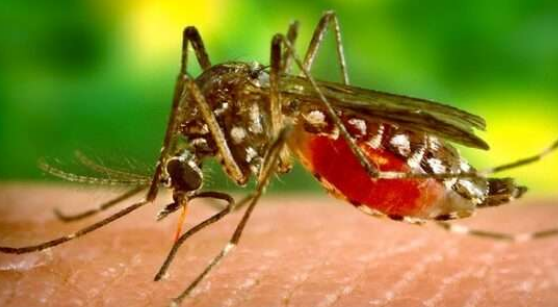With the retreat of the monsoon, dengue has begun to spread rapidly across the city. Stagnant water and rising temperatures have created the perfect breeding environment for mosquitoes, leading to a worrying spike in cases. At SMS and JK Lon hospitals alone, over 37 dengue patients have been admitted in the past three days, with seven currently in the ICU. Major hospitals like Gangauri, Kanwatia, Mahila Janana, and RUHS have reported more than 50 cases, and private hospitals have reported similar numbers.
Experts warn that this is the ideal season for Aedes aegypti mosquitoes to breed and spread dengue. Official records show over 130 cases since January, but the actual figure is likely much higher as several private and some government hospitals do not share their data with the health department. This lack of accurate information hampers effective preventive measures.
Worryingly, fogging operations have yet to begin in the city, even though the health department and municipal corporation should have acted earlier. Past negligence has led to numerous dengue-related deaths in previous years. So far this year, the department has also reported 65 cases of malaria, 76 of chikungunya, 21 of swine flu, 124 of brucellosis, and 54 of leptospirosis.
According to doctors, dengue symptoms appear 4 to 10 days after infection. Common signs include high fever, headache, pain behind the eyes, muscle and joint pain, skin rashes, vomiting, fatigue, and loss of appetite. In severe cases, platelet counts drop rapidly, leading to internal bleeding and potential organ damage.
